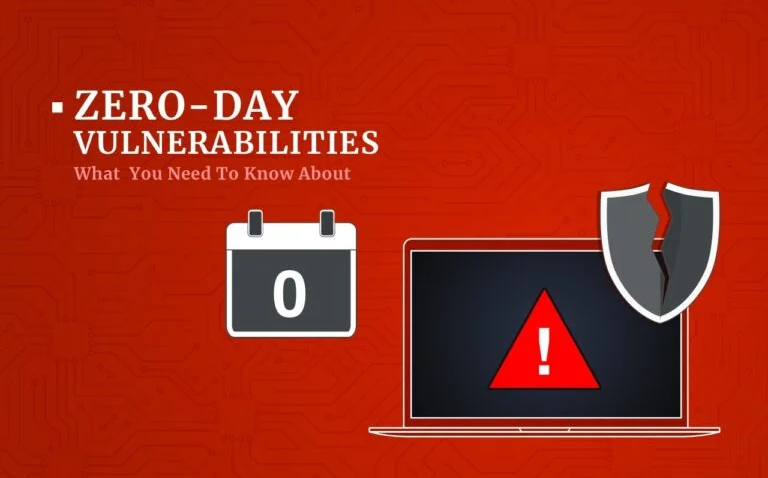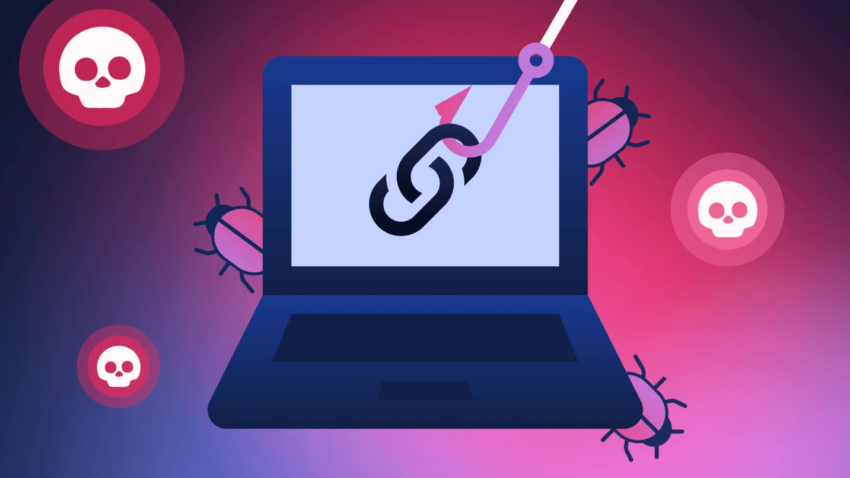In an increasingly digital world, cybersecurity threats have become more complex, frequent, and damaging. As businesses and individuals adopt more technology, cybercriminals become more sophisticated in exploiting it. Traditional security methods though still essential are often too slow or rigid to keep up with the speed and complexity of modern cyber threats.
Enter Artificial Intelligence (AI) a transformative force reshaping the landscape of cybersecurity. AI is no longer just a futuristic concept; it’s a practical, real-time solution that’s revolutionizing how we detect, prevent, and respond to cyber threats.
What Role Does AI Play in Cybersecurity?
Artificial Intelligence, particularly through Machine Learning (ML), empowers systems to learn from data patterns and make decisions with minimal human intervention. In cybersecurity, this translates into:
- Predictive threat analysis
- Real-time anomaly detection
- Automated incident response
- Fraud prevention
- Behavioural analytics
Let’s dive deeper into the key ways AI is transforming cybersecurity operations.
AI-Driven Threat Detection
One of the most critical applications of AI in cybersecurity is threat detection. Traditional systems often rely on predefined rules and known signatures of threats. This works well for known vulnerabilities, but fails to catch zero-day attacks or polymorphic malware that change form.
AI models, on the other hand, are trained on vast datasets of both benign and malicious activity. They can:
- Identify suspicious behaviour’s that deviate from normal patterns
- Flag new or unknown threats in real-time
- Continuously learn and adapt to evolving attack methods
For example, AI can monitor a user’s login times, device usage, and geographic location. If a login occurs from a foreign country at an unusual hour, the system can flag it, block access, or prompt additional verification—automatically.
Natural Language Processing (NLP) and AI
Natural Language Processing, a subfield of AI, enables systems to understand and interpret human language. In cybersecurity, NLP is used for:
- Parsing and analysing threat reports or logs
- Understanding unstructured data from emails or social media for phishing detection
- Monitoring darknet forums for early signs of planned attacks
By automating the reading and interpretation of human-generated content, NLP accelerates threat intelligence gathering and proactive security posturing.
AI in Biometric and Facial Recognition Security
AI plays a crucial role in biometric authentication, particularly in facial recognition, voice identification, and behavioural biometrics. These technologies help secure devices and access points more effectively than passwords alone.
Facial recognition systems, powered by AI, are widely used in mobile devices, surveillance systems, and physical access control. While they offer convenience and security, they also present privacy concerns and are targets of spoofing attacks—prompting ongoing innovation in liveness detection and multi-factor AI authentication systems.
The Dark Side: When Hackers Use AI
Unfortunately, the same technologies that bolster defence are also being harnessed by cybercriminals. Hackers now use AI to:
- Craft hyper-realistic phishing messages using NLP tools
- Automate attacks by identifying and exploiting vulnerabilities faster than ever
- Evade detection by mimicking legitimate network behaviour’s
This dual-use nature of AI makes it a double-edged sword. As defenders adopt AI, so do attackers leading to an ongoing technological arms race in cyberspace.
Automation and Incident Response
AI is also streamlining incident response through automation. When threats are detected, AI systems can:
- Automatically isolate affected systems
- Initiate data backups and restore protocols
- Notify human responders with prioritized alerts
- Trigger predefined mitigation scripts
This rapid response dramatically reduces the dwell time—the period between breach and containment—which is critical for minimizing damage and data loss.
The Future of AI in Cybersecurity
AI is expected to play an even bigger role in the future. Emerging trends include:
- AI-powered Security Operations Centers (SOCs): Integrating AI into the core operations of cybersecurity teams.
- Explainable AI (XAI): Making AI decisions transparent and auditable, especially for compliance.
- Federated Learning: Training AI models across decentralized devices without compromising privacy.
With the rise of quantum computing, 5G, and IoT, the attack surface is expanding. AI will be instrumental in scaling defenses and protecting these ecosystems.
Best Practices for Organizations
To harness the power of AI in cybersecurity effectively:
- Invest in AI-powered security tools like threat detection platforms, SIEM solutions, and behavioural analytics tools.
- Continuously train AI models using updated datasets to stay ahead of evolving threats.
- Implement human-AI collaboration by combining automated insights with skilled human analysts.
- Balance security with privacy through ethical AI use and transparent data policies.
Conclusion
AI is a game-changer in the world of cybersecurity. From real-time threat detection to intelligent automation and behavioural analytics, AI empowers organizations to defend against threats that are too fast, too complex, or too subtle for traditional methods.
But it’s not a silver bullet. While AI can detect and mitigate threats, human oversight, ethical governance, and constant evolution are essential to staying ahead in this ever-changing cyber battlefield.
As cybercriminals grow smarter, so must our defences and Artificial Intelligence is the ally we can’t afford to ignore.
Want to learn more?
Stay updated with the latest in cybersecurity and AI by subscribing to our newsletter or exploring our in-depth resources on threat intelligence and AI integration strategies.
At INFOCUS-IT, we specialize in advanced cybersecurity solutions—from threat detection and incident response to compliance and risk management. Whether you’re a small business or a large enterprise, our experts are here to protect what matters most.
Book your vulnerability scan now → infocus-it.com
📩 Support: support@infocus-it.com
📞 Helpdesk: +91-8178210903
hashtag#vapt hashtag#owasp hashtag#bugbounty hashtag#ethicalhacking hashtag#infocusit

